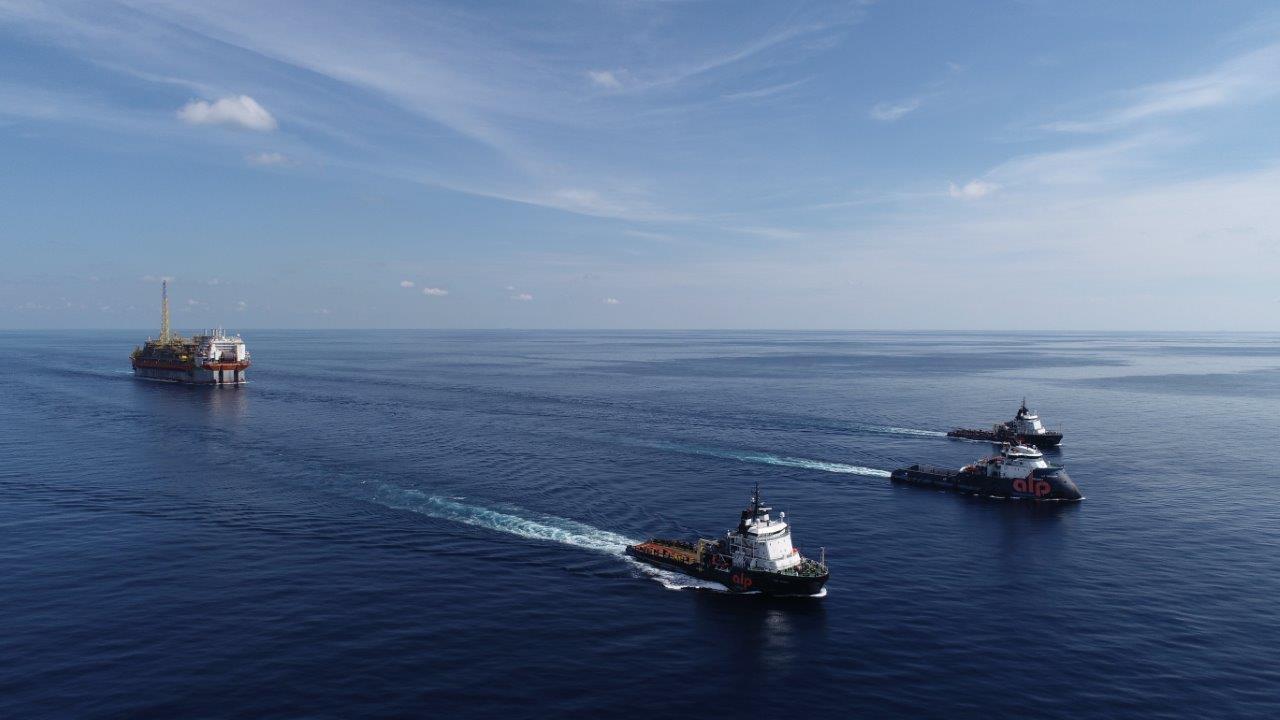In a remarkable trajectory of transformation, Guyana has catapulted from relative inactivity to establishing itself as a world-class player in the energy sector in an impressively short span of time.
The journey, marked by bold exploration endeavors and strategic partnerships, has turned this South American nation into an enviable hub of hydrocarbon potential, said an August 10 S&P Global Commodity Insights report.
It was in 2015 that ExxonMobil made a pivotal discovery – the colossal Liza field in the Stabroek block. That find would become the catalyst for an extensive exploration campaign that yielded unprecedented results, boasting over 30 discoveries.
The pinnacle of exploration success arrived in 2022 when a remarkable total of 10 discoveries were made. The Stabroek Area emerged as the epicenter of these accomplishments, with Exxon and its partners accounting for nine of the breakthroughs. It was deemed Exxon’s best exploration year. A significant stride was marked beyond the Stabroek Area as well, with the Corentyne block witnessing two high-profile discoveries at the Kawa-1 and Wei-1 wells, attributed to CGX Energy and its partner Frontera Energy.
Less than five years after the initial discovery, the Liza development became operational with the deployment of the floating production, storage, and offloading (FPSO) vessel named Liza Destiny. Notably, a second FPSO commenced operations in 2022, elevating daily oil production rates to a commendable 390,000 barrels of oil per day (bo/d). A third FPSO – Prosperity – will come online by the end of the year. By 2027, Guyana’s production will hit 1.2 million barrels a day.
Guyana’s rapid ascent in the energy sector is not just a testament to its vast hydrocarbon reserves but also to the nation’s ability to foster international partnerships and maintain a conducive environment for exploration and development. The government’s commitment to ensuring a stable regulatory framework, coupled with its efforts to attract foreign investment, has played a pivotal role in this success story.
The economic implications of these developments are profound. With the influx of revenue from the oil sector, Guyana has the potential to significantly improve its infrastructure, education, healthcare, and other vital sectors. The challenge now lies in ensuring that the wealth generated is equitably distributed and used for the long-term benefit of its citizens.
Furthermore, the environmental implications of such rapid oil development cannot be ignored. Guyana, being part of the Guiana Shield, is home to some of the world’s most pristine rainforests. Balancing the economic benefits of oil exploration with the need to protect its unique ecosystems will be crucial.
If the oil boon is managed wisely, the nation stands at the cusp of a golden era, where prosperity and sustainability can coexist.



